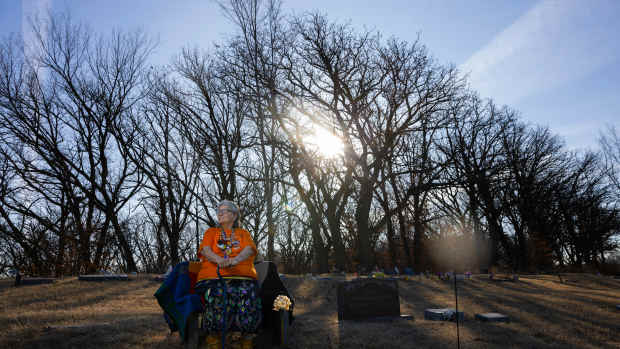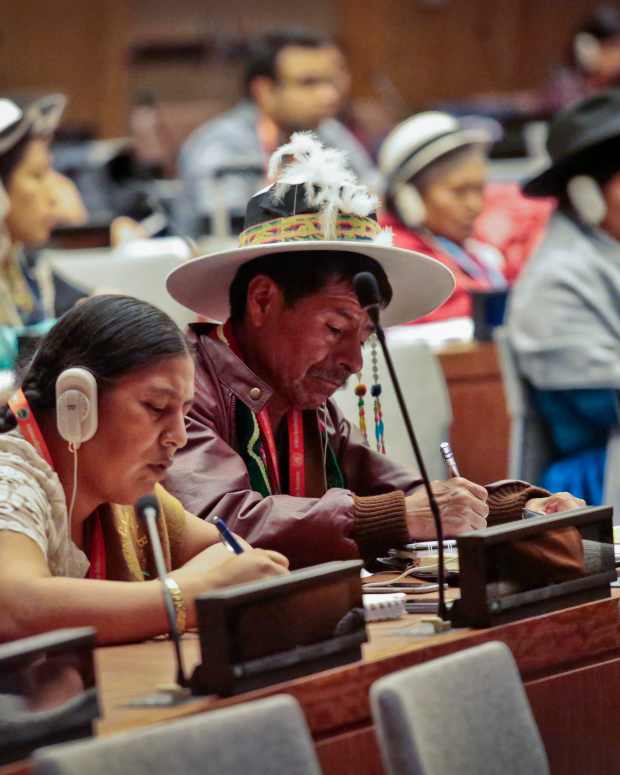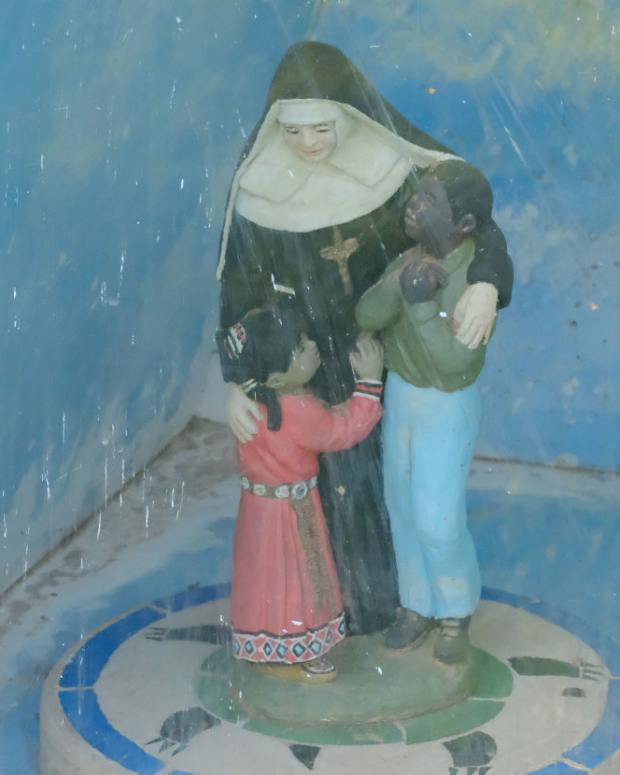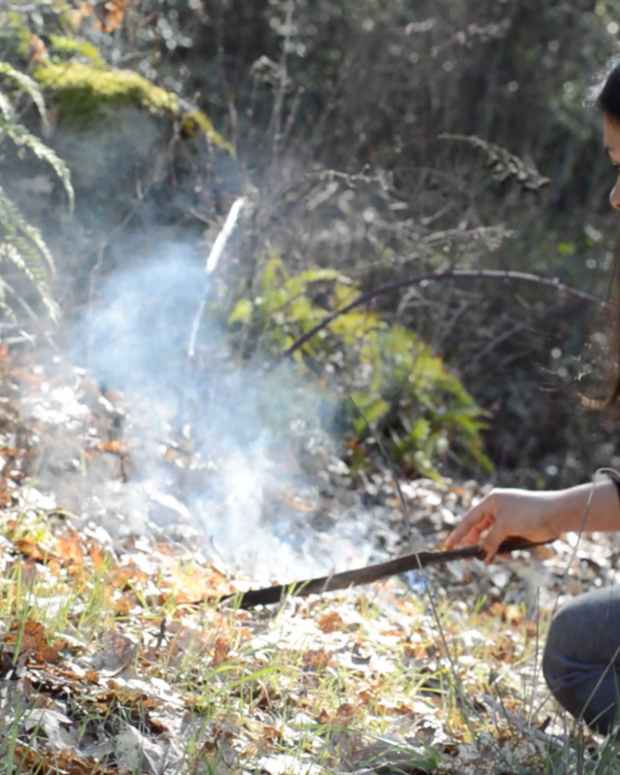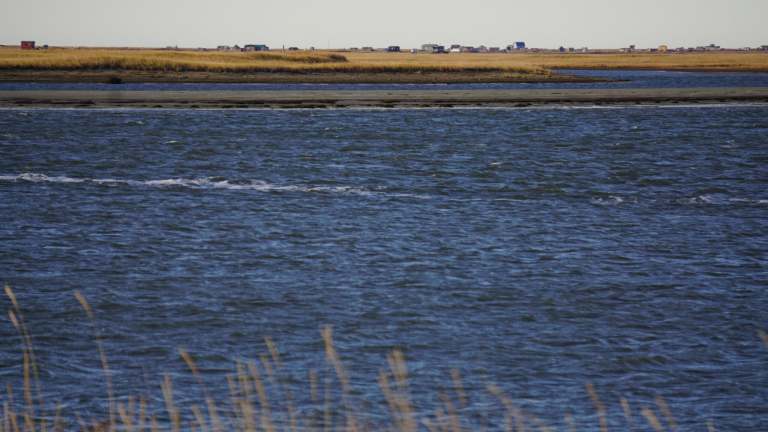
Tribes seek to overturn Corps permit for controversial Alaska gold-dredging project
Yereth Rosen
Alaska Beacon
Three Alaska Native tribes have filed a lawsuit to overturn the U.S. Army Corps of Engineers permit granted to a company seeking to dredge for gold in a sensitive wetland area near Nome.
The tribes, in their complaint filed on April 10 in U.S. District Court in Anchorage, said the Corps had erred by issuing a wetlands-fill permit to Nevada-based IPOP Ltd.
The company is seeking to dredge for gold in Bonanza Channel, a section of Safety Sound, about 20 miles east of Nome.
The Corps granted a permit to IPOP in March 2024, reversing its 2022 permit denial.
In their lawsuit, the Village of Solomon, Native Village of Council and King Island Native Community said the project threatens fish, birds and other natural resources important to Native subsistence practices in the region. Safety Sound, which is fed by four rivers, is “rich in biological diversity” and is a place where people fish, collect eggs, pick berries and gather greens, and hunt birds, seals and other game.
The Corps’ initial denial was the correct decision, the complaint said; it noted that other federal agencies, including the National Oceanic and Atmospheric Administration’s National Marine Fisheries Service, found numerous faults in the IPOP plan.
In a statement released by Earthjustice, the environmental law firm representing the three tribes, one of the tribal leaders said Bonanza Channel is important to Native culture and identity.
“This land and its waters are who we are. Now, the IPOP mine threatens to destroy them. Every local organization opposes this project — ask anyone who lives here. We must stand united in our resistance,” Kirsten Timbers, president of the Village of Solomon, said in the statement.
The tribes’ lawsuit follows a March 11 decision by a state agency to reject IPOP’s request for a different permit that is also necessary for the project to start.
The Alaska Division of Mining, Land and Water — part of the state Department of Natural Resources — denied IPOP’s application for a land-use permit and rejected its plan for reclamation.
While IPOP cannot go forward without that DNR permit, the plaintiffs wanted to overturn the Corps permit as well, said Carole Holley, an Earthjustice attorney representing the tribes.
It is possible that IPOP could appeal the DNR rejection or reapply for that permit, she said by email.
“The Clean Water Act permit from the Army Corps of Engineers, unless overturned, would be in place until the year 2030. Our clients contend the permit was illegally approved and that any mining that would occur within Bonanza Channel would permanently harm the ecosystem and thus, their traditional lifeways. With the mining paused, our clients are able to challenge the permit and hopefully get a ruling before any permanent damage can be done,” she said.
A spokesperson for the Corps’ Hawaii-based Pacific Ocean Division, which issued the permit to IPOP, declined to comment on the tribes’ lawsuit.
Nahaku McFadden, regional director of public affairs for the division, said the policy is to not comment on pending litigation.
The IPOP project has an unusual history. It was originally pitched as the setting for a reality TV show called “Rivers of Gold.” The sponsors of the project also said they intended to create a luxury gold brand and tosell clothing, souvenirs and jewelry imprinted with a Rivers of Gold logo.
IPOP representatives were not available for comment.
Last updated 12:04 p.m., Apr. 16, 2025

